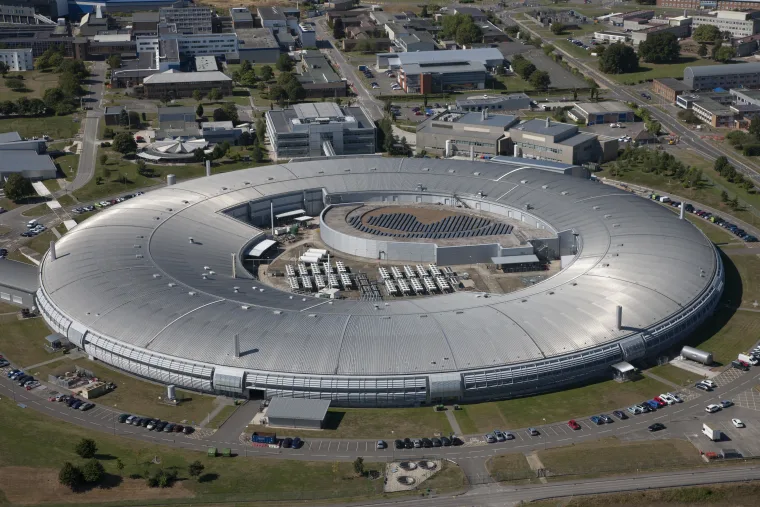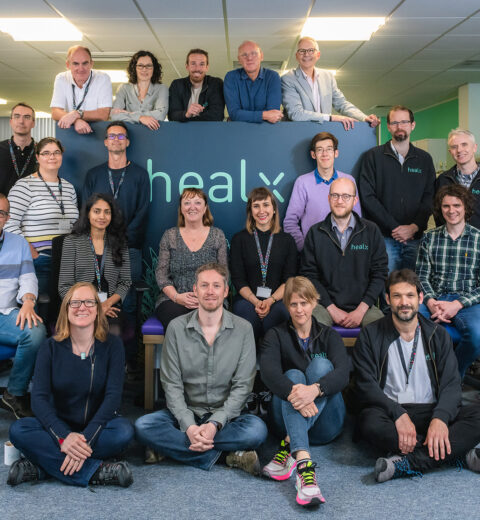
The UK has launched a major open-science initiative, OpenBind, aimed at supporting the development of artificial intelligence in drug discovery. Based at the Diamond Light Source in Oxfordshire, the project will generate over 500,000 protein–ligand structures and binding affinity measurements over five years, representing a significant expansion of publicly available data in structural biology.
The OpenBind initiative is designed to support advances in AI systems that rely on high-quality scientific data to model how drugs interact with biological targets. The resulting dataset, which will be made freely available to the global research community, is expected to support more accurate AI models for drug design and molecular discovery.
In addition to helping reduce the time and cost of drug development, OpenBind could support broader research applications, including the design of enzymes for industrial and environmental purposes.
Who’s Leading It?
- Prof. Frank von Delft – Diamond Light Source & University of Oxford
- Prof. Charlotte Deane MBE – University of Oxford
- David Baker – Institute for Protein Design, University of Washington
- Collaborators from MSKCC, MIT, Columbia University, MedChemica, OpenFold, and others
Why It’s Significant
- Produces the largest open-access dataset of protein–ligand complexes to date
- Supports AI research in both academic and commercial settings
- Aims to reduce inefficiencies in early-stage pharmaceutical research
- Promotes international collaboration and open science practices
- May contribute to faster development of treatments for a range of diseases
The UK government has committed £8 million to OpenBind through the Department for Science, Innovation and Technology (DSIT) and its Sovereign AI programme. The funding was announced during London Tech Week 2025 as part of wider efforts to strengthen the UK’s position in AI and life sciences.
OpenBind will be based at the Diamond Light Source, the UK’s national synchrotron science facility, which provides the high-throughput experimental capacity required for the project. By focusing on open-access infrastructure, the initiative reflects a broader strategy to encourage innovation while ensuring public benefit from emerging technologies.





